15 Ways to Extend Your Home
Having an extension added to a property is a big decision considering the costs involved and the long-term nature of it as an investment.
Therefore, it’s important to consider the various approaches to extending a home, the pros and cons of each and the potential costs involved.
Our blog will provide you with a brief but valuable assessment of fifteen possible approaches to extending a home.
With this information, you can be in a stronger position to make an informed decision, before hopefully narrowing down your options and then expanding research and reaching out to suitable contractors and companies. Let’s dive in!
Note: The price of any given house extension or conversion will depend on a range of factors. These factors can include the size of extension, the quality of the materials and installations used and the complexity of the work involved.
Also, potential additional costs to watch out for include Building Regulations fee, Planning permissions fees (if applicable) and the cost of hiring additional professionals for further work (e.g. electricians or plumbers).
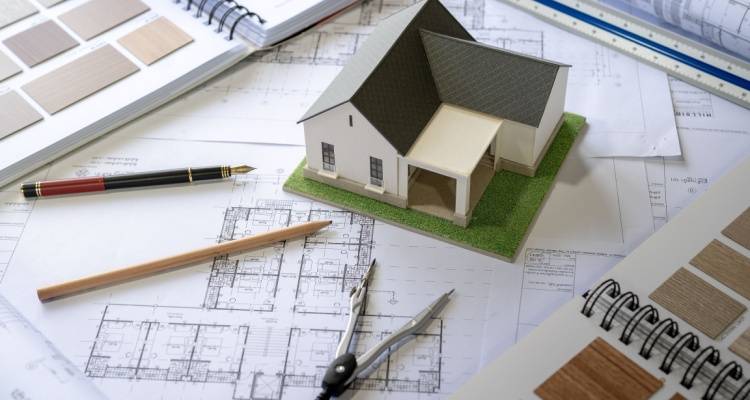
1. Kitchen Extension
A kitchen extension is a great way of not only providing a more usable room and literally creating a more spacious environment but also likely improving the look and feel of your kitchen as a whole. Whether or not this extension is completed hand-in-hand with new, up-to-date appliances, a kitchen extension can easily lead to a more modern look and feel.
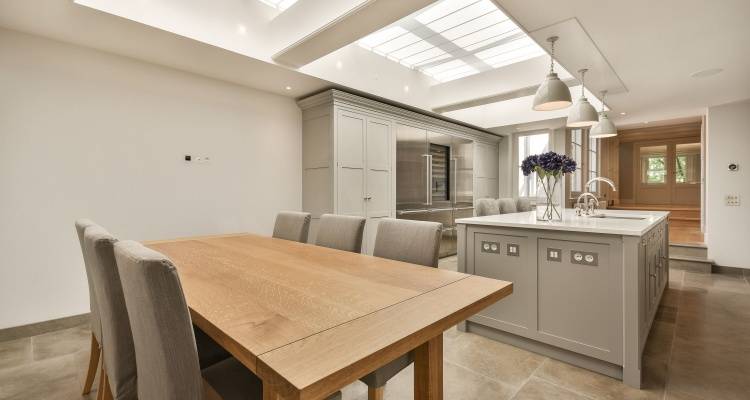
Extending your kitchen could come in the form of having professionals knock down a wall (if safe to do so) to connect it with another room or by extending it outwards into your garden.
Most kitchen extensions cost around £20,000 to £65,000. This price range is generally applicable to small to mid-sized extensions of standard or high-end quality. Budget-friendly options tend to cost between £10,000 and £40,000 while a large premium-quality extension may fall in the region of £70,000 to £100,000 and possibly more.
2. Living Room Extension (including sunrooms or conservatories)
Extending your living room can create a more appealing living space while also offering the opportunity to add further utility to your room such as in the form of a front-facing sunroom or conservatory.
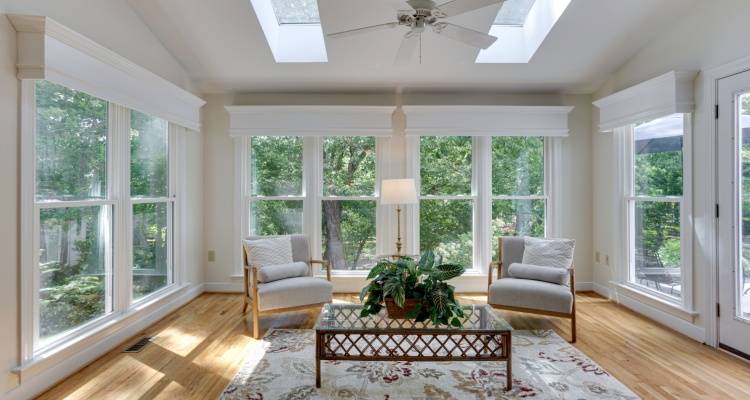
Alternatively, you may want to (again if feasible and safe) have professionals remove the wall or/and doors separating your living room from the kitchen to combine the two spaces, assuming they actually are next to one another in this manner.
A living room extension is likely to come with a similar price tag as a kitchen extension, often costing around £25,000 on the lower end but up to £100,000 or more on the higher end. The real prices you’ll likely get quoted for will land somewhere in between these two extreme-end price points.
3. Bedroom Extension
In most cases, a bedroom extension will need a two-storey extension (i.e. a double extension).
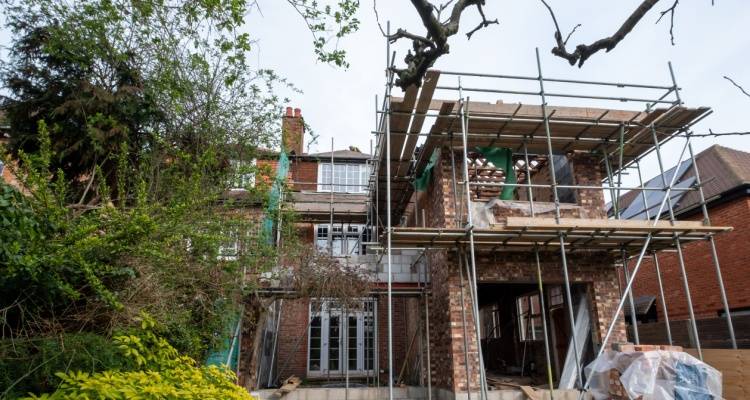
After all, a bedroom extension will generally involve protruding outwards from the property, necessitating the space directly below be extended too to hold up the new structure and uphold the visual appeal of the property.
4. Loft Conversion
Having a loft converted can act as a great way of utilising space in your home in a new and beneficial way. The price of loft conversions usually ends up somewhere in the region of £20,000 to £60,000.
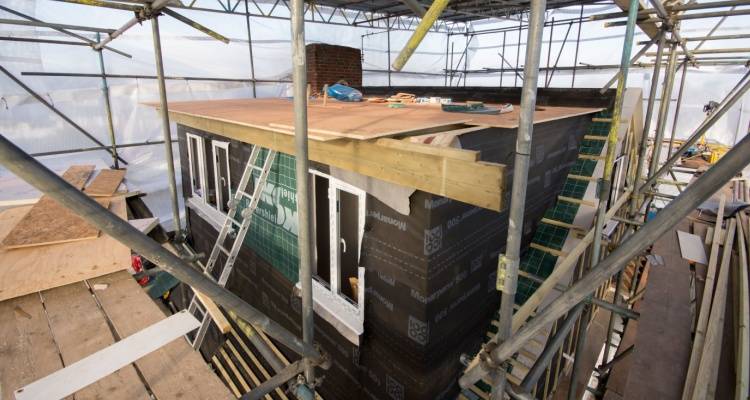
You may wish to have your loft converted in order to create a new bedroom, work from home office, a games room, new living space or otherwise.
5. Basement Conversion
If you have a basement, it could offer another means of creating a new space in your home through a conversion.
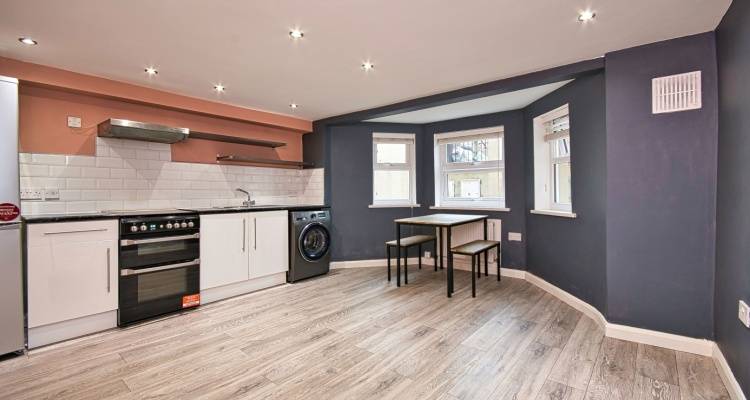
In many cases, minimally used basements feature issues with dampness and not to mention they usually come with low-lighting and are not designed to be pleasing on the eye.
Therefore, any basement conversion will need to be comprehensive and dealt with by professionals.
Also, whether or not a basement conversion will be feasible or worth the cost will depend on many factors such as the extent of the work needed to bring it up to scratch and concerns related to the walls and foundations.
Consulting with a suitable professional can help get a sense of whether or not a conversion is viable, though do consider any fee(s) applicable to such an evaluation too as part of your budget.
Basement conversions tend to cost somewhere in the region of £24,000 to £140,000. As far as household conversions go, they do not come cheap.
6. Garage Conversion
If you have a garage that rarely enjoys much use, you may want to consider whether or not having it converted and repurposed for another use may just do the job.
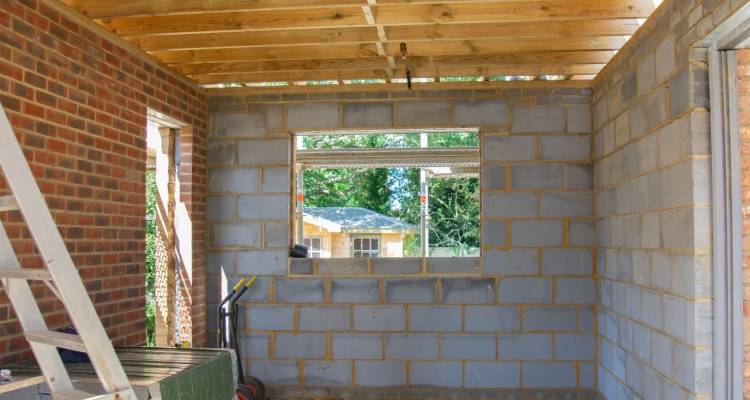
As with a loft conversion, there exists a range of potential uses for a garage conversion. Given that garages are often relatively small in size, a conversion tends to cost somewhere between £5,000 and £20,000.
7. Side Return Extension
There exists several broad extension designs for adding space to your home with some being better suited to some property setups than others.
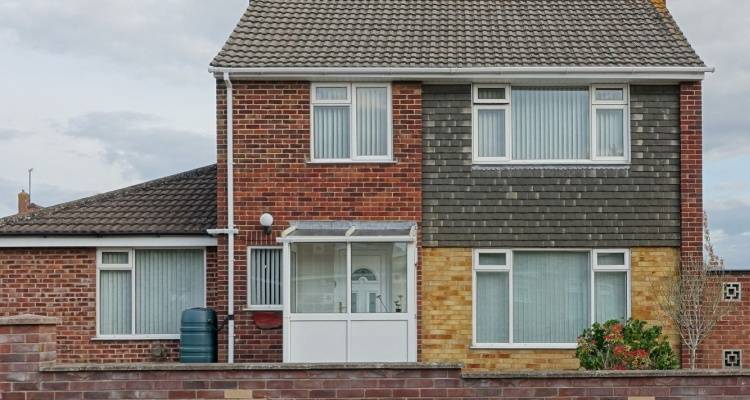
For example, a side return extension is designed to extend outward into your back garden while also utilising space at the side of your home. On average, side return extensions usually cost somewhere in the region of £30,000 to £60,000.
8. Rear Extension
A rear extension simply extends outward into your back garden. Rear extensions are a relatively simple extension design. They often feature pitched roofs, however, flat roofs are not too uncommon either.
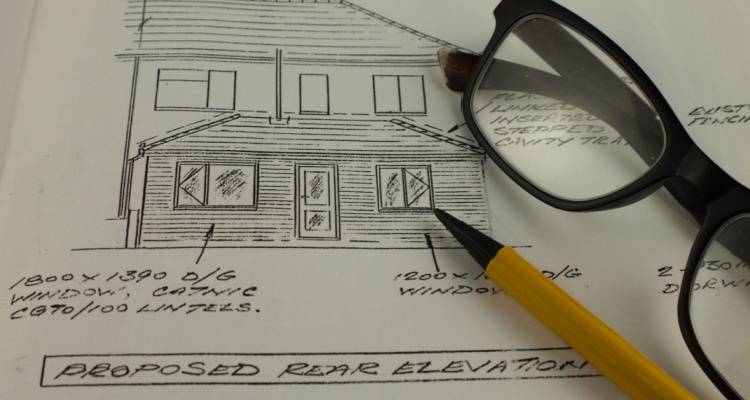
Rear extensions tend to come with a price tag of between £20,000 and £60,000. They generally fall in a similar price range as side return extensions, though side return extensions could offer more value for money depending on your home, the proposed setup and your needs.
9. Two-Storey Extension
A two-storey extension (a.k.a. double extension) is a more expensive endeavour yet one that can provide a lot more value.
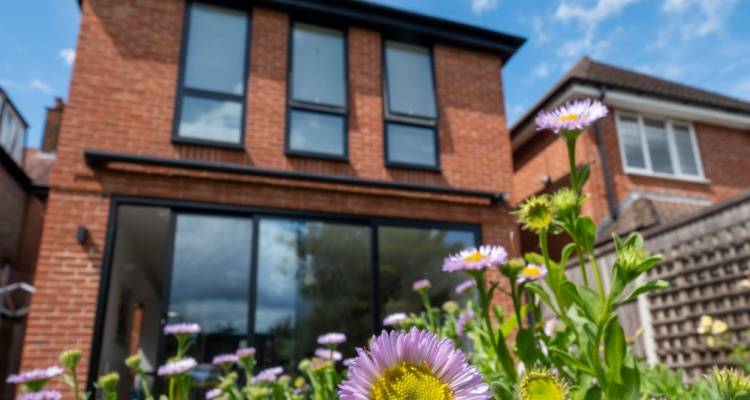
A two-storey extension can, of course, offer more functionality with the potential to even create two separate new spaces in your home. Perhaps one could be used as part of an extended kitchen with the upper floor introducing a new bathroom or additional bedroom.
One way or another, it’s important to note that a two-storey extension may or may not work for your property, so it’s good to keep your options open.
A two-storey extension will probably set you back somewhere in the region of £45,000 to £120,000. Naturally, they tend to cost more than single-storey extensions on average.
10. Over-Garage Extension
An over-garage extension is another way of ‘creating a two-storey extension’ by adding the second storey atop an existing structure.
You may want to keep the existing garage (if feasible) but use the second-storey space for a separate purpose such as to create a work from home office or an additional bathroom.
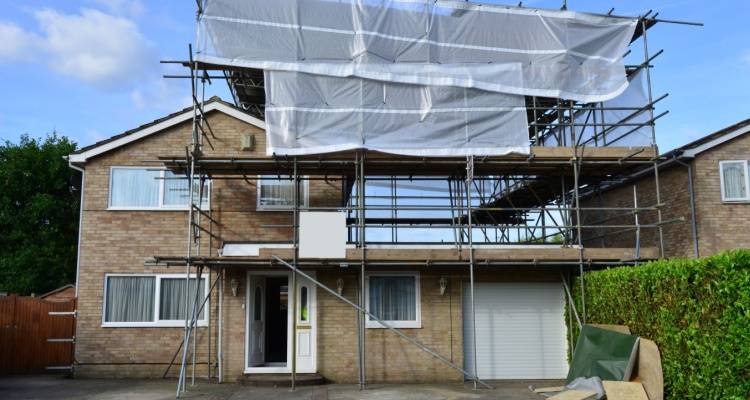
With most garages in the UK being sized at around 10 to 30 square metres, the cost of an over-garage extension will probably end up somewhere between £10,000 and £60,000.
Commonplace cost factors will apply such as the size and type of over-garage extension. With that said, if you wanted to have an ensuite bathroom installed atop your garage as part of the over-garage extension, this is likely to cost more than most uses for the new space.
11. Porch Extension
For a simpler home extension, extending your porch out can offer additional room such as to store shoes, clothes, umbrellas, slippers, hats, scarfs, tennis rackets and more.
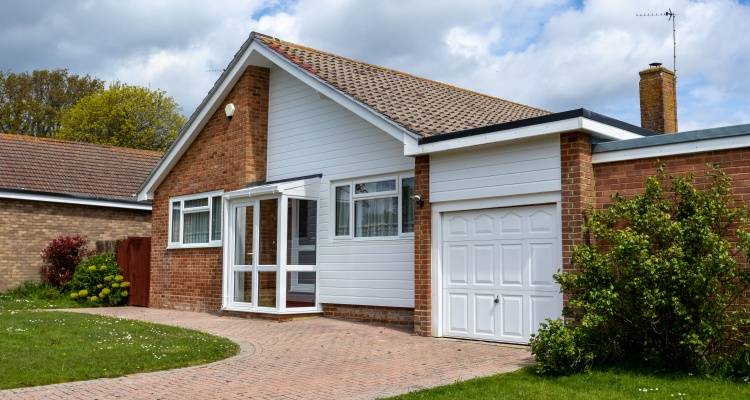
Along with introducing more storage space, an extended porch can help keep the heat in better, improve the aesthetic appeal of the front of your home and increase security. It may also increase your home’s kerb appeal and bring up the resale value of your property.
A porch extension will usually set you back somewhere in the region of £3,000 and £8,000. Large porch extensions (especially of premium quality) are more likely to exceed £10,000 in cost.
12. Wrap-Around Extension
Another option is that of a wrap-around extension. This type of extension involves combining the designs of a rear extension and side extension. This results in the distinctive L-shape associated with wrap-around extensions.
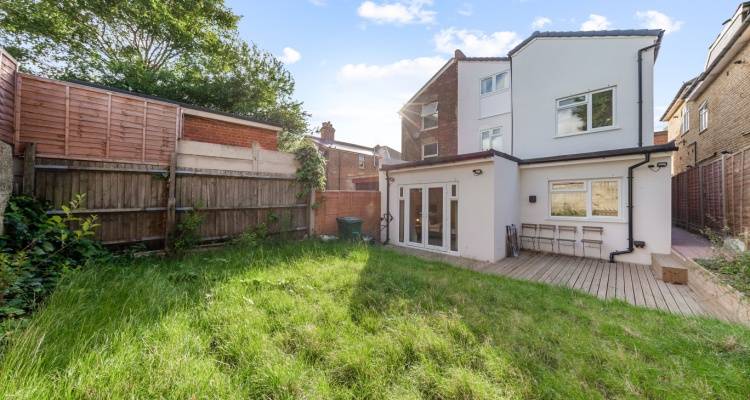
On average, wrap-around extensions tend to be priced at somewhere in the region of £40,000 to £150,000, making them one of the costliest house extension options.
13. Bump-Out Extension
You may prefer to opt for a bump-out extension if you are only looking for a limited extension. Depending on the extent of the bump-out extension needed, it may cost somewhere in the region of £5,000 to £20,000.
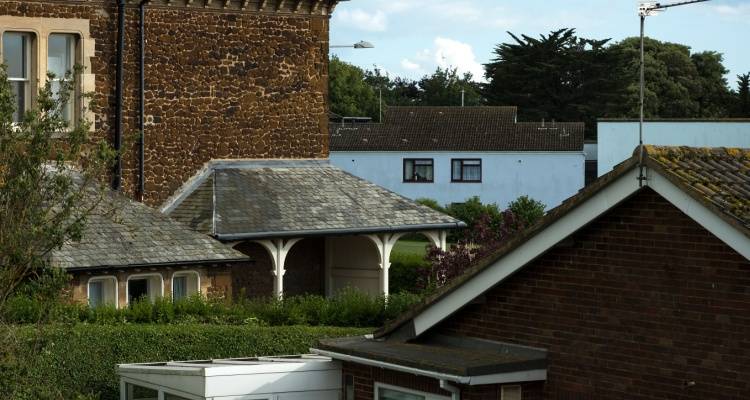
14. Dormer Extension
A dormer extension involves adding structure to a pitched roof that protrudes outward in order to create new space on your property. On average, a dormer extension costs between £30,000 and £50,000.
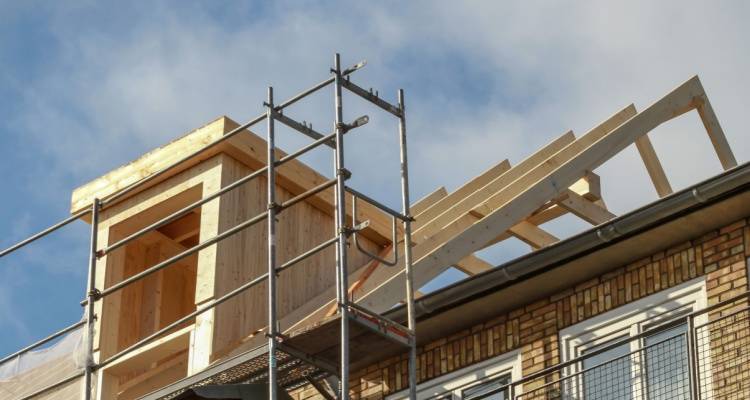
Unlike an average loft extension, a dormer loft extension can allow you to not only repurpose the existing loft space for another use but add further space, making for a sizeable and valuable extension.
15. Garden Room/Office
One potential purpose of an extended space into your garden is to create a work from home office. Alternatively, a garden room may be used for various other purposes such as a home gym or games room.
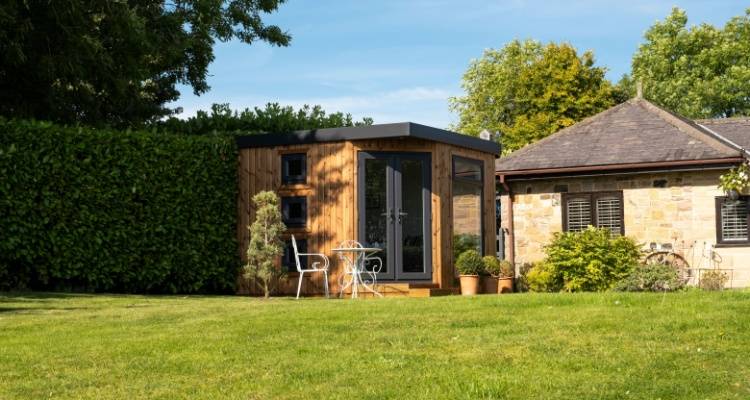
Of course, some households may prefer a standalone outbuilding. The better option will likely depend primarily on your budget, space availability and the design/setup.
|
Find Tradespeople & Save Money
MyJobQuote connects you with up to 3 available local tradespeople, so you can compare quotes & save money with ease.
|

|








